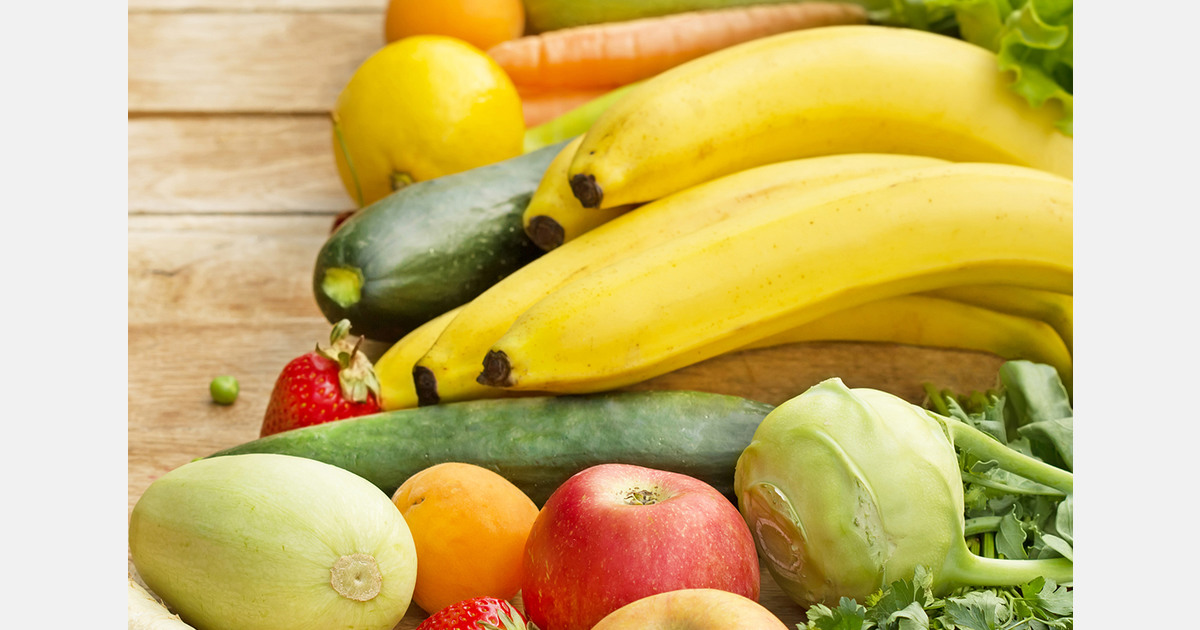The horticulture sector underscores the necessity for enhanced measures to safeguard prime horticultural areas. An investigation presented in Nature Food evaluated 186 nations’ self-reliance in fulfilling dietary norms amidst trade disruptions, positioning New Zealand prominently for food security.
The study observed that over one-third of countries are unable to achieve self-sufficiency in more than two of seven critical food groups. New Zealand, however, is self-reliant in five categories, including fruits, vegetables, meat, dairy, and fish. Yet, it faces challenges in cultivating sufficient starchy staples and legumes.
Dr. Hans Maurer of United Fresh highlighted concerns regarding the encroachment of housing on productive lands like Pukekohe’s volcanic terrain. “Horticulture – particularly the protection of vegetables – is very dependent on land that can be intensively farmed. We have plenty of land in this country, but not land of the same quality as Pukekohe or Horowhenua, where the soils are just ideal.” Maurer noted that collaborative efforts with the government to develop legislation safeguarding agricultural lands are ongoing. “We need to create a legal framework that protects production,” he stated.
Renowned for technological advancements in fields such as kiwifruit and apple production, New Zealand continues to require investment in innovations, including agricultural AI technologies. Additionally, reliance on seasonal labor presents challenges with an aging workforce.
The financial impact remains evident, with United Fresh data recording $4.3 billion in fresh produce exports in 2023, an 8% rise from the previous year. Domestic sales also reflected robust consumer spending of $1.3 billion on locally grown products in 2024, amid market disruptions from variables like energy prices and geopolitical factors.
Maurer emphasized the unpredictable nature of agricultural enterprises, citing weather extremes, pests, and diseases as ongoing challenges. Last month’s Nelson Tasman flooding exemplifies potential impacts on upcoming apple yields.
Despite New Zealand’s robust positioning, the study included an oversight, excluding the country from its summary map, though Maurer confirmed its analysis. “That is not a reflection of the work that has been done; they certainly analysed New Zealand as well.” The researchers have since addressed the inadvertent error.
Source: Farmers Weekly
